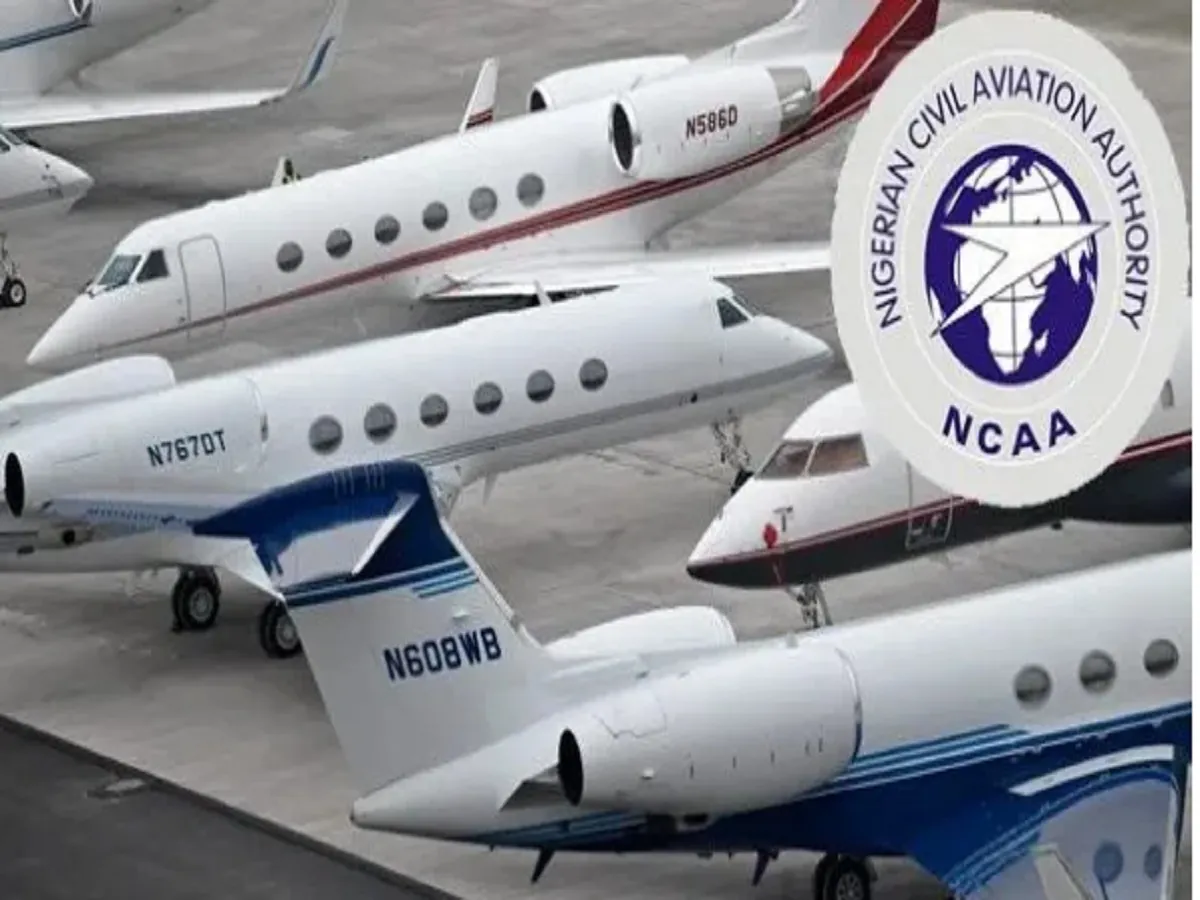Nigeria’s aviation sector is experiencing a sharp downturn, with domestic passenger numbers falling by approximately 30% and international travel even more drastically impacted, driven by harsh economic realities and more restrictive visa regimes.
According to data from the NCAA and FAAN, domestic air travel dropped from 9.47 million passengers in the first half of 2022 to 8.18 million in the same period of 2023—a decline of about 13%. Meanwhile, passenger throughput at Murtala Muhammed International Airport (MMIA) plummeted from over 1 million in 2022 to just 781,894 in 2023—a ~23% decline . Quarterly figures for early 2024 show only 332,817 domestic travellers moved through Lagos airport, highlighting ongoing weakness .
On the international front, outbound travel collapsed by over 60%, with numbers tumbling from 2.04 million in 2023 to 816,000 in the first three quarters of 2024 . This steep fall reflects a combination of factors—skyrocketing ticket fares due to naira volatility, high inflation, and fuel costs—and tightened visa processes for Nigerians .
A Lagos–Abuja domestic ticket, for instance, has surged beyond ₦150,000 compared to ₦79,000 in August 2023—a 56% spike . International fares have ballooned even more: London flights now cost up to £3,000—about five times more than pre-pandemic amounts .
The economic burden has clipped personal incomes and eroded discretionary travel budgets. Mendicants of the airline industry include Aero Contractors’ MD Capt. Ado Sanusi, who confirms that inflation and insecurity have reduced travel demand. Many Nigerians now prefer virtual meetings over air travel unless essential .
Visa challenges have compounded the crisis. Schengen refusals exceed 40% for Nigerians, and UK visa rejections have soared recently—undermining business and holiday travel . Industry analysts urge Nigeria to adopt reciprocal, liberalised visa policies—like recent arrangements with South Africa and UAE—to encourage smoother outbound travel .
With limited road and rail alternatives due to poor infrastructure, air travel remains critical for national connectivity. Yet high costs and visa hurdles have suppressed its appeal .
Aviation and tourism experts are calling for a multi-pronged approach: stabilise the naira, cut aviation taxes, secure more liberal visa regimes, and restore consumer confidence in both domestic and international travel. Without such reforms, the industry risks stagnation, pricing out millions of would-be travellers and hampering Nigeria’s economic momentum.

